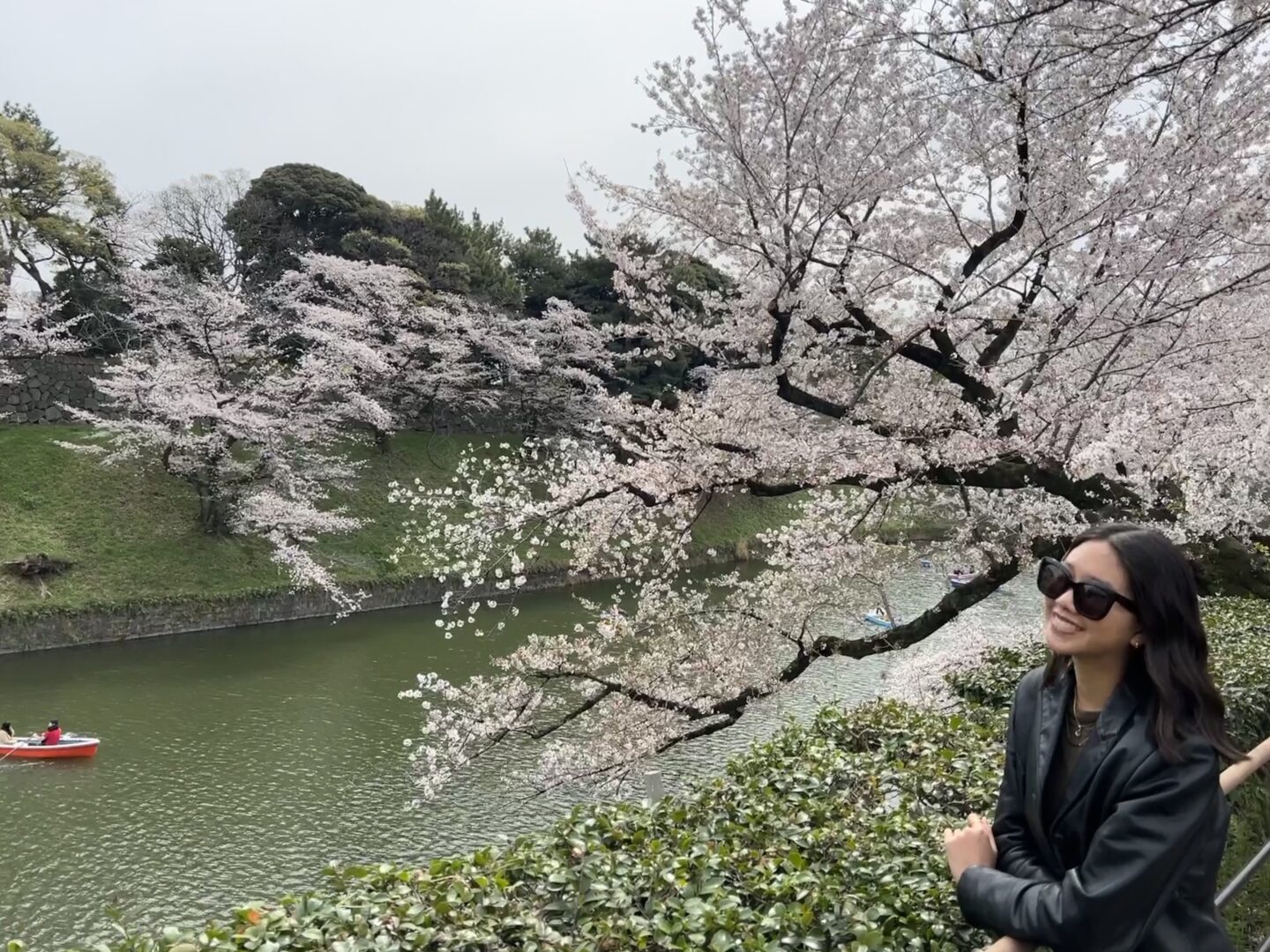
In Banyan Moon, Thao Thai’s debut novel, three generations of women find their way home, from southern Vietnam’s incendiary tropical heat to the claustrophobic innards of a vast gothic mansion on Florida’s swampland coast. Like most haunted houses of literature, Thao Thai’s imagined Florida mansion, Banyan House, named for the aged tree on the property, is largely decrepit, creaky, restless, and teeming with the ghosts of old lovers and leavers. Just on the edge of the living and the dead. Unlike most haunted houses of literature, though, Banyan House’s inhabitants are a trio of toughened and tender Vietnamese women—Minh, the weathered immigrant matriarch, Hương, her reticent and regretful daughter, and Ann, her rebellious and ingenious granddaughter—who are still trying to find their way back home, and back to each other.
Having left Florida long ago for the plush comforts of life with a pre-tenure classics professor boyfriend, Ann might have it all, if not for her bristling awareness of the WASP-y crowd’s uninhabitability, their Botox and pearls and dust. The efficient one-two punch of a confession of infidelity and a positive pregnancy test provides her with the prerogative of escape. Yet the true catalyst for her homecoming is Minh’s death, which forcefully reunites the resistant daughter and the reluctant but pining mother, their relationship embittered and stagnant from many years of misuse. An inauspicious beginning, if nothing else.
Being back in Florida has Ann falling into old patterns: she speaks viciously, unforgivingly, to her mother, has an awkward run-in with her former best friend, and reconnects with her high school flame. But at Banyan House, splendid and rotting, new life forms within Ann as surfacing mysteries crumble the facades of Minh and Hương’s lives without. History revisits in ways which utterly rupture, and ultimately remake, crystallized conceptions of who her mother and grandmother were. As the long-kept truth of a long-lost parentage is revealed, the reality of an upbringing is voiced, and the dissolution of a friendship explained at last, things are forgiven, each in their own way. Kneeling by the statue of Quan Âm, “goddess of mothers and children,” Ann and Minh pray promises: to care, to need each other again, to put an end to the dark secrets of the past. “Ready to go?” Hương asks. “A few more minutes,” Ann says.
Sliding easily between the narratives of Minh (from the past, through the years of 1965 to 1974, and from beyond the grave, a supernatural presence in limbo), Ann, and Hương, Thai’s writing captures each woman’s voice with immense grace and empathy. The moments where political is made personal, as Minh describes a girlhood marred by the “stories of [Việt Cộng] crimes—rapes and burnings of whole villages, children run through by scythes, or worse,” fed by “the promise of independence”—are striking in their lucidity and tautness. Interwoven traditional Vietnamese tales like Chú Cuội show Thai’s efforts to steep the entire narrative in richly symbolic folklore. The cycles of seduction, abuse, and transaction at the hands of “the men who have left us behind,” as Hương describes, are exhausting and baleful, the language cutting and visceral.
The novel’s revolving format cushions moments of tension and suspense, as stories are told and retold by one or many of the three women, often deflating key plot twists with the reader’s prior knowledge of their occurrence. But Thai’s prose transcends this structural concern by capturing truly, incredibly, the relationships between the Tran women. Together, they are complicated and messy and painfully familiar. Minh hoards ferociously (magazines, clothes, infested bags of rice and other Florida flotsam), while neglecting her own children. Hương develops a fear of doing too much too soon and a desire to move on without the full realization of how, desperate for a second chance with Ann and her child. Her words, “you’re mine…I will not let you leave this time” echo through the text like oaths. Ann selectively bonds to Minh as opposed to Hương, and leaves for Michigan with grudges wedged in every cranny of her heart. The essence of Banyan House is the accumulation of all three women’s histories and habits, the crush of their stockpiled memories and misdeeds, sealed by the sheer force of their loyalty and love.
Though the omnipresent Banyan House is “ghastly at times, grime-speckled and overcrowded,” it remains Ann, Hương, and Minh’s home for much of the novel in a way no other place can, enveloping them with all the intimacy and secrecy of a shadow. Its sentient presence has shaped each woman by absorbing her unfulfilled desires, ambitions, and innermost wishes into its own furthest, darkest recesses. Taking and taking from each of them. A keeper of things unsaid which mold in the dank corners of curling carpets. But what happens when its residents are ready at last to step into the light of their future? A ghostly Minh observes, “We grew up in that house, and in turn, it grew inward on us. It could tolerate no less than our full devotion, even in death. And when we began not to need it, it crumbled”.
In the end, Thai understands that when we outgrow someone—or something—we never depend on them in the way that we used to. Mothers and daughters, and mother and newborn son, must leave the charred terrors of their past, still smoking wetly, to go towards the future. “I don’t have the heart space for more secrets,” Hương admits wearily and gratefully near the novel’s end. In Banyan Moon, Thao Thai asks if we can ever really leave home—and concludes that home can never really leave us. But it mustn’t hold us captive longer than we need it to.
Banyan Moon
by Thao Thai
Mariner Books, $30.00

Karissa Ho was born and raised in Los Angeles. She studies English and economics at UC Berkeley, and is a voracious reader, a vintage shopper, and a very fast walker. See her past projects, current reads, and more at karissaho.com.




I just finished this last night, and loved the beautiful story-telling and Thao’s ability to help me look upon my own family more tenderly through the Tran heroines. Karissa, what a beautifully written review. Thank you.